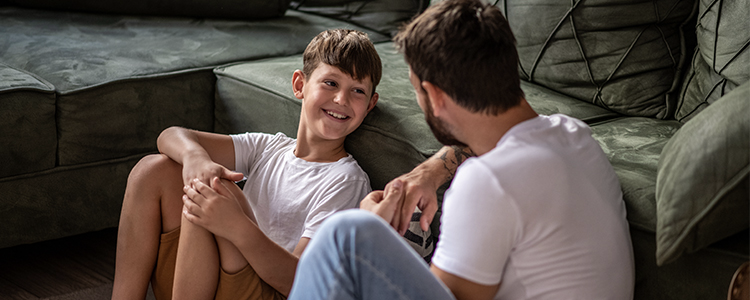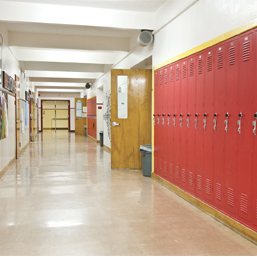



School bells will soon ring once again. Whether that comes as music to your ears or a bittersweet reminder that the free-spirited summer days are over, check out these tips from the pros to help you and your children enjoy a smart, happy start to school.

In many ways, enrolling junior high kids have become old pros at the fine art of academia. They’ve had plenty of time to master homework, friendships, and scholastic benchmarks. Yet, just as they’ve reached academic and social proficiency, they’re about to embark on a very turbulent transition period of lightning-fast physical, emotional, social, and intellectual growth. Although pre-adolescents don’t always show it with their words or actions, they need their parents’ love, involvement, and support every bit as much as they did in elementary school. Come Fall, they may face unique challenges that isolate them at a time when they need your increased reassurance. Here are just a few examples.

Teacher-student cooperation is an important alliance that starts at home and affects a child’s entire academic career. Having positive relationships with teachers throughout 12 years of school can make the difference between a child who adores school and all it encompasses and a child who dreads school and struggles on a daily basis. By the time school starts each Fall, teachers have already invested years of education, practice, and preparation into getting this school year off to a great start. Most parents want their children to succeed in school, but sometimes students and parents inadvertently get off on the wrong foot with teachers. How can parents encourage their kids to meet educational professionals halfway?

Understanding a child’s strengths and weaknesses when it comes to learning improves a child’s experience at school and their study habits at home. Does your child love reading and writing? Does your child have a knack for music? When your child tells a story, do they tend to use their whole body to describe what happened? Are they drawn to groups or do they prefer to work alone? These traits can you give a clue about your child’s learning style. A learning style is the method a person uses to learn and should be used to maximize learning. It’s important for you to understand your child’s learning style so you can help them find study methods, environments, and activities that help them learn best.
Calgary’s Child Magazine © 2024 Calgary’s Child